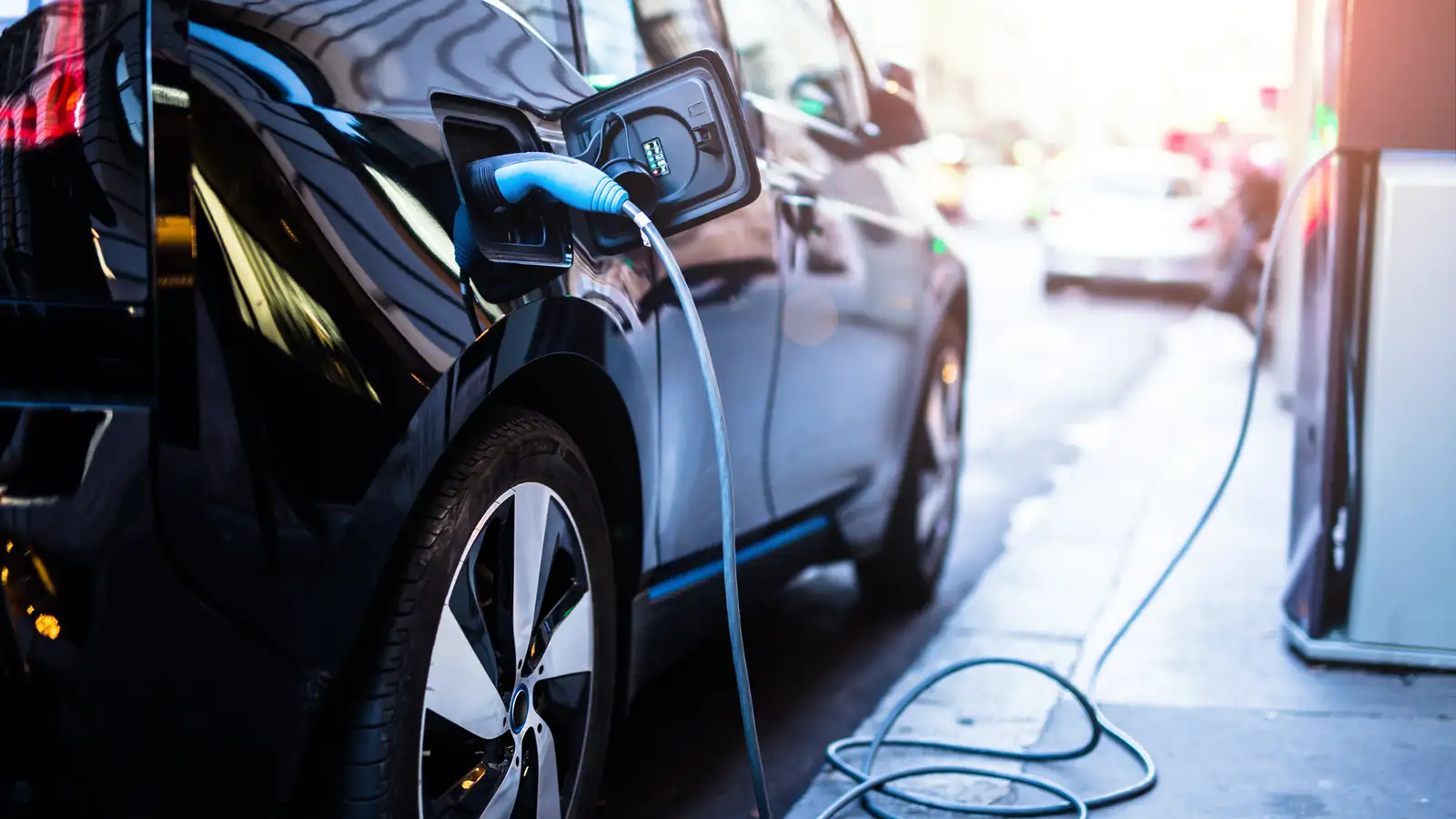
- wheels4moto
- 03/08/2023
Introduction
Problems with Electric Vehicles (EVs) have gained significant attention in recent years as a promising solution to reduce greenhouse gas emissions and combat climate change. With their zero tailpipe emissions and potential for renewable energy integration, EVs offer a cleaner and greener transportation alternative. However, like any emerging technology, EVs also face their fair share of challenges and limitations. In this blog, we will explore some of the problems associated with electric vehicles and the ongoing efforts to overcome them.
Limited Driving Range
One of the primary concerns and Problems with Electric Vehicles is their limited driving range compared to conventional internal combustion engine (ICE) vehicles. While the range has improved significantly in recent years, it remains a barrier for those who frequently embark on long journeys or have limited access to charging infrastructure. Although EV charging networks are expanding, the need for widespread and convenient charging stations is crucial to alleviate range anxiety and encourage greater EV adoption.
Charging Infrastructure
Problems with Electric Vehicles, The availability and accessibility of charging infrastructure is a critical factor in the widespread adoption of electric vehicles. While home charging solutions are convenient for EV owners, public charging stations are necessary for longer trips and for those without access to private charging facilities. However, the development of charging infrastructure lags behind the growing demand for EVs, resulting in potential charging station congestion and limited options in certain regions. Expanding the charging network, including fast-charging stations, is essential to support the transition to electric mobility.
Charging Time
Problems with Electric Vehicles Another challenge is the time it takes to recharge an electric vehicle. While home charging overnight is suitable for many daily driving needs, long charging times can be an inconvenience on longer trips. Although fast-charging technologies have improved, reducing charging times, they are not as widely available as standard charging options. Continued research and innovation in battery technology and charging infrastructure are necessary to decrease charging times and enhance the overall EV ownership experience.
Battery Performance and Lifespan
The performance and lifespan of EV batteries are crucial considerations for potential buyers. Problems with Electric Vehicles While lithium-ion batteries, the most common battery type used in EVs, have made significant advancements, they still face limitations. Extreme temperatures, both cold and hot, can affect battery performance and reduce range. Additionally, battery degradation over time is a concern, as it can impact both performance and the overall lifespan of the battery pack. Ongoing research and development focus on improving battery chemistry, durability, and longevity to address these concerns.
Cost
The upfront cost of Problems with Electric Vehicles remains higher than its gasoline-powered counterparts. The cost of battery technology, which constitutes a significant portion of an EV’s price, contributes to this price disparity. Although the total cost of ownership, including fuel and maintenance savings, can offset the initial investment over time, the higher upfront cost can be a barrier for many consumers. Continued advancements in battery technology, economies of scale, and government incentives are expected to drive down the cost of EVs and make them more affordable for a wider range of buyers.
Conclusion
Electric vehicles have the potential to revolutionize the transportation sector and contribute to a more sustainable future. However, they also face several challenges that need to be addressed for widespread adoption. Improving driving range, expanding charging infrastructure, reducing charging times, enhancing battery performance, and addressing cost concerns are key areas of focus for manufacturers, governments, and researchers. As technology advances and infrastructure improves, electric vehicles will continue to evolve, offering a cleaner and more efficient mode of transportation for a greener future.
